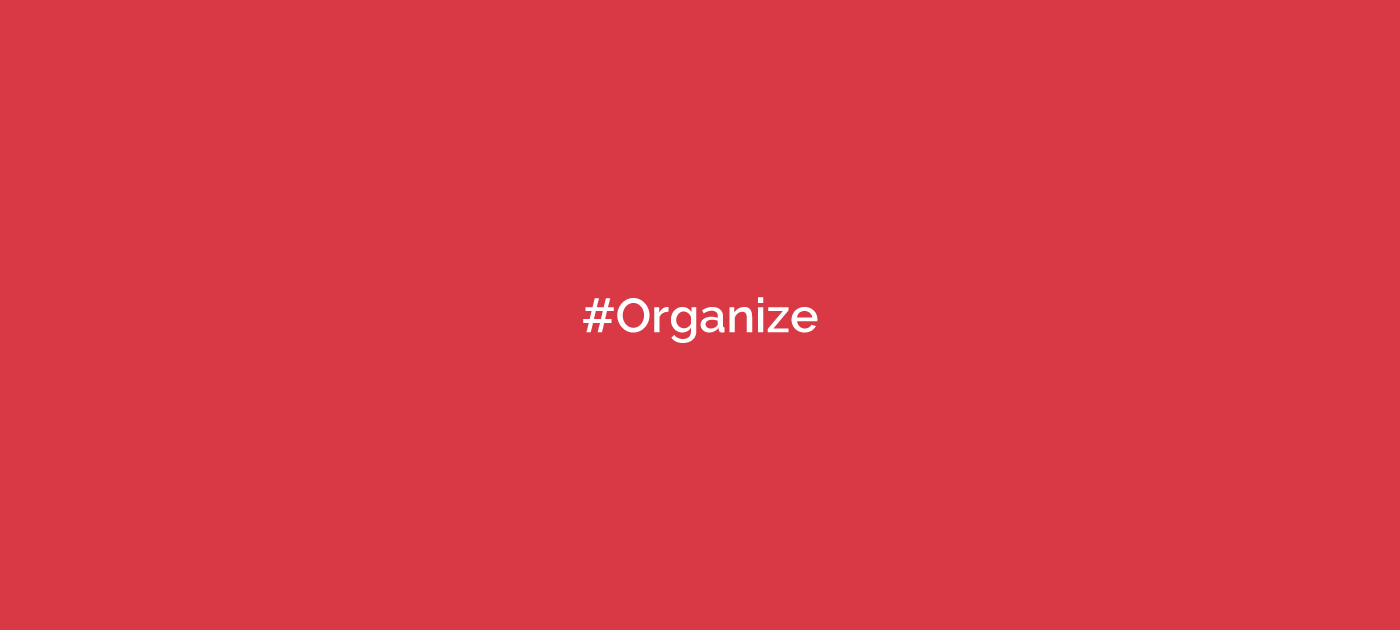Organizing Your Life? Start With Your To-Do List!
Productivity
As much as we try to optimize and organize our lives, the question is whether we have everything in place to have a good start or whether we are setting ourselves up for failure from the beginning.
Goals, objectives and tasks
Every big project starts with a small step, and the first one is often getting it out of our heads and jotting it down on our to-do list. You may have several lists laying around all over the place, but how often do you treat your to-do list as your first project and try to optimize it as much as you can?
Jill Duffy has some insightful tips on this subject and distinguishes between three different things to keep in mind when making your to-do list: goals, objectives and tasks.
1. Goals
Goals should remind you about the “why”, and the “why” should be your driver in order to achieve your goals. “Goals are the big picture achievements or desired outcomes, and they’re usually difficult to quantify,” says Jill.
2. Objectives
Objectives are the milestones along the road to achieve your goals, and they make a goal more concrete. They are indicators along the way to the larger goal that show you are making progress.
3. Tasks
Tasks are the actionable things that actually go on your to-do list. They keep you on track and help you achieve your objectives. If you’re not able to break things down into small steps, it’s hard to know what you should do next. Jill’s advice: “Know how much you can do per day, and don’t be mad at yourself for not doing more. If you keep track of your tasks, you’ll start to get a sense of how much you can complete in a day.”
“The best way to achieve goals and objectives is to break them into smaller tasks. If an objective is three weeks away, then I need to know what should I do today to make progress.”
Jill shared with us another interesting way of organising things:
“One way I keep track of work is with my computer folders. For every month, I have a folder. So when I start my day, I open the current month’s folder. Its subfolders show me a snapshot of my month. I also have a spreadsheet where I track work progress, and again, it’s arranged by date. I have a habit of opening that spreadsheet first thing, which means the projects that are in progress are always right in front of my eyes first thing. It gives me a moment to check my priorities, too.”
Look back, learn and improve
In order to know if your to-do list is actually working, look back and see what you have achieved. “Every Monday, I meet with a team of colleagues, and we review what we accomplished last week. The tasks I checked off last week are archived until I delete them so all I have to do to report on my progress from last week is look at my archive. I find it very motivational to remember all the things I completed.”
“Similarly, and it may sound silly, I keep a list of things I want to buy for myself, and when I buy them, I put an X next to it, but I don’t remove it from the list; I just push it to the bottom. When I open that list to write down new things that I want to buy, I’m reminded of all the great stuff I’ve already purchased! It helps me stay grateful for what I have and not get greedy for materialistic things,” adds Jill. What a great way to use a list!
A big thank you to Jill for sharing all those insightful tips with us and make sure to read her full article here Get Organized: Create Better To-Do Lists



